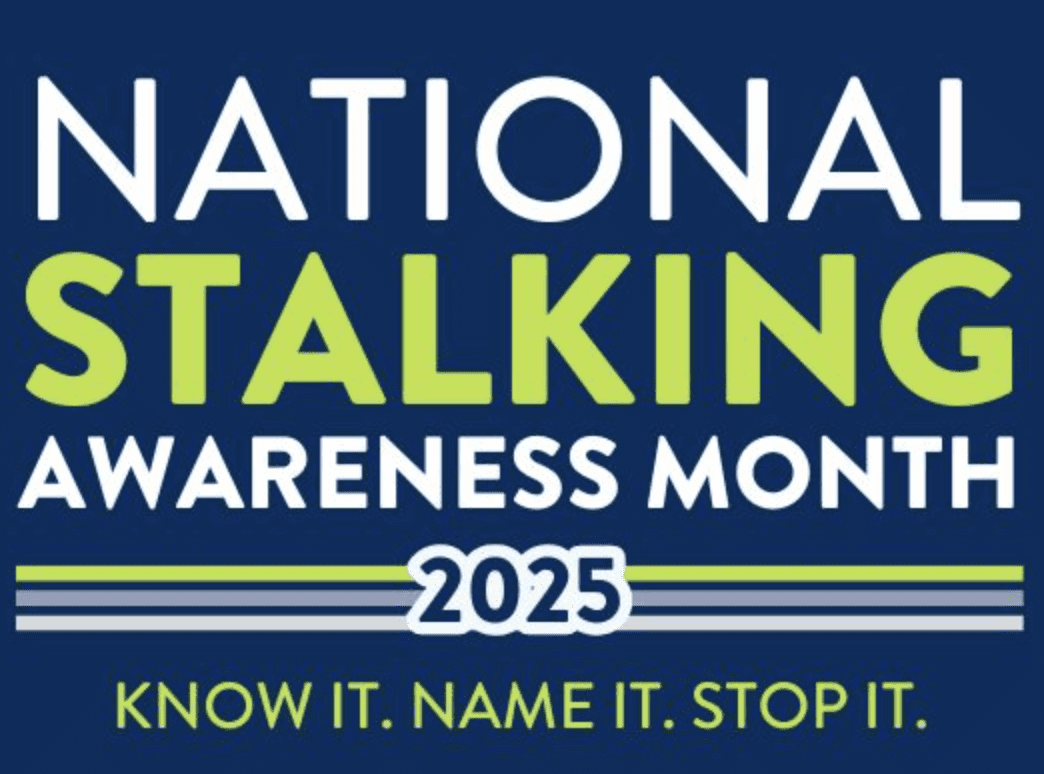By Linda Parker
Q: What is racial profiling?
A: Racial profiling refers to the practice of law enforcement, security personnel, retail or commercial establishments treating a person as a potential suspect for criminal activity based on that person’s race, instead of the presence of evidence of criminal behavior. Profiling also frequently occurs because of color, national origin or religion.
Q: Is racial profiling illegal?
A: Yes. Law enforcement agencies frequently rely on criminal and suspect profiles as indicators of criminal behavior. In some cases, these profiles include descriptors such as race, color, national origin or religion. However, Michigan’s Elliott-Larsen Civil Rights Act forbids public service organizations (law enforcement agencies) or places of public accommodations (private security companies, retail and commercial businesses) from “denying an individual the full and equal enjoyment of the goods, services, facilities, privileges, advantages or accommodations of a place of public accommodation or public service because of religion, race, color, national origin, age, sex or marital status.” Simply stated, you cannot be subjected to investigation, stop, frisk, search or use of force based solely on these characteristics and without indicators of criminal behavior.
Q: Who is targeted for illegal profiling?
A: Before 9/11 African Americans and Latino Americans were most frequently subjected to racial profiling. However, recent concerns over terrorism have extended profiling activities to Arab-Americans, Asian Americans and members of a variety of religious faiths.
Q: What should I do if I believe I am being subjected to illegal profiling?
A: During the profiling event, comply with all (reasonable) instructions to prevent creating a legitimate reason for further enforcement activities. To the best of your ability, be sure to record as much information regarding the incident as possible, including the names of the alleged discriminators, any witnesses, and the date, time, location and circumstances surrounding the activity. Following the profiling event, contact the Michigan Department of Civil Rights at 1-800-482-3604 and ask to file a complaint. Remember, by providing more specific information and witnesses regarding the incident, you enable MDCR to more completely investigate your concern. The Department also uses these complaints to track patterns in allegations of illegal profiling against specific law enforcement agencies, businesses or organizations. Evidence showing that there is a pattern of profiling by law enforcement is helpful to federal law enforcement which can request stiff penalties and jail time upon successful prosecution.



